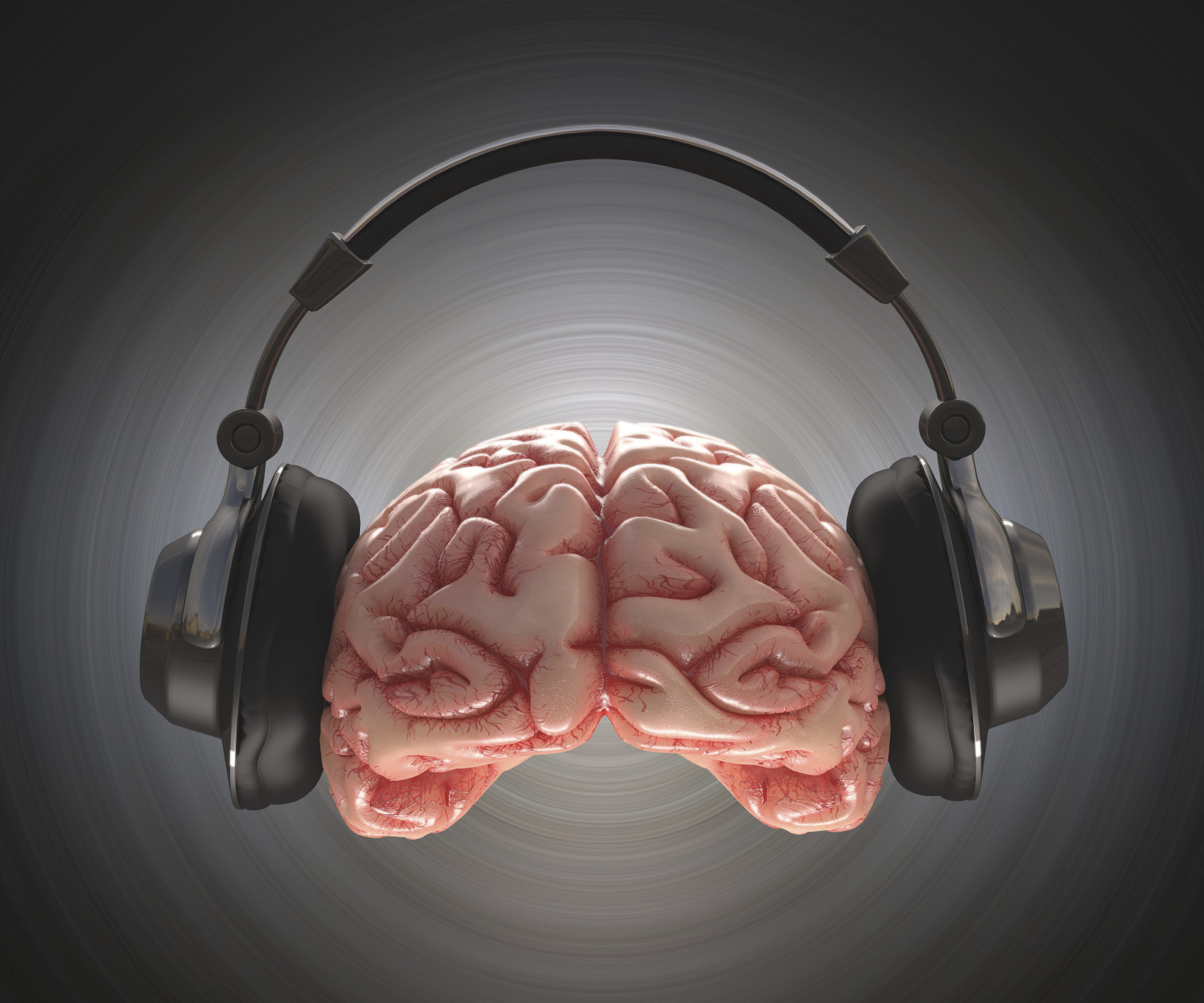Music has been a part of human culture for millennia, serving as a universal language that transcends borders, cultures, and time. Beyond its entertainment value, music possesses the remarkable ability to heal and soothe the human mind and body. This is the essence of music therapy, a field that has gained recognition and acceptance as a legitimate form of healing in recent years.
In this article, we will dive deep into the world of music therapy, exploring its history, benefits, and how it can be harnessed to promote healing and overall wellness.
What is Music Therapy?
Music therapy is a holistic approach to healing that utilizes the power of music to address physical, emotional, cognitive, and social needs. Trained music therapists work with individuals of all ages, from children to the elderly, to address a wide range of issues, including mental health conditions, developmental disabilities, and chronic pain. The therapeutic process involves creating, singing, listening to, and moving to music in a structured setting.
A Brief History of Music Therapy
The roots of music therapy can be traced back to ancient civilizations. In Greece, for example, music was used as a means to promote mental and emotional well-being. Similarly, Native American tribes incorporated music and dance into their healing rituals. However, it was not until the 20th century that music therapy began to gain recognition as a formal discipline.
One of the pioneers of modern music therapy was Dr. Alvin Baron, who, in the 1940s, started using music as a form of rehabilitation for veterans returning from World War II. This marked the beginning of music therapy as a recognized profession.
The Healing Power of Music
So, how does music therapy work, and what makes it so effective?
Emotional Release: Music has the power to evoke strong emotions. In a therapeutic setting, it can provide a safe outlet for individuals to express their feelings and process complex emotions. Whether it’s the cathartic release of sadness through a mournful melody or the joyous celebration of life through an upbeat tune, music allows individuals to connect with their emotions on a profound level.
Stress Reduction: Stress is a prevalent issue in today’s fast-paced world. Music therapy can help reduce stress and anxiety by promoting relaxation and mindfulness. Slow, soothing melodies can lower heart rate and blood pressure, while rhythmic patterns can induce a sense of calm and focus.
Enhanced Cognitive Function: Music can stimulate cognitive functions such as memory, attention, and problem-solving. This is particularly beneficial for individuals with neurodegenerative conditions like Alzheimer’s disease. Music therapy sessions that involve familiar songs from the past can evoke memories and improve cognitive abilities.
Improved Communication: For those with communication disorders or social difficulties, music therapy offers an alternative means of expression. Through music, individuals can connect with others, even when verbal communication is challenging.
Pain Management: Music therapy can be a valuable tool in pain management. Listening to music can distract individuals from physical discomfort and help them cope with chronic pain conditions. It can also promote the release of endorphins, the body’s natural painkillers.
Enhanced Mood: Music has the power to elevate mood and boost overall emotional well-being. Upbeat and joyful music can provide a sense of happiness and motivation, making it a valuable tool in the treatment of depression and mood disorders.
Who Can Benefit from Music Therapy?
The beauty of music therapy is its versatility. It can be tailored to meet the specific needs of individuals across the lifespan. Here are some of the groups that can benefit from music therapy:
Children with Autism: Music therapy can help children with autism improve social skills, communication, and emotional expression.
Individuals with Mental Health Conditions: Music therapy is effective in treating a wide range of mental health issues, including anxiety, depression, and PTSD.
Patients with Neurological Conditions: Individuals with Parkinson’s disease, stroke survivors, and those with traumatic brain injuries can benefit from music therapy to improve motor skills and cognitive function.
Seniors with Dementia: Music therapy can evoke memories and provide comfort for seniors living with dementia, enhancing their quality of life.
Cancer Patients: Music therapy can be a valuable addition to the holistic care of cancer patients, helping them manage symptoms and cope with the emotional challenges of the disease.
The Role of the Music Therapist
Trained music therapists play a crucial role in the success of music therapy sessions. They possess a deep understanding of music’s therapeutic properties and how to tailor interventions to meet the unique needs of each individual. Music therapists often work in a variety of settings, including hospitals, rehabilitation centers, schools, and private practice.
During a typical music therapy session, the therapist may:
Assess the individual’s needs and goals
Design a personalized music-based intervention plan
Use a variety of musical techniques, including singing, instrument playing, and songwriting
Monitor progress and make adjustments to the therapy plan as needed
The therapist’s role is not just about playing music; it’s about creating a safe and supportive environment where healing can take place through the power of sound.
Getting Started with Music Therapy
If you or a loved one are interested in exploring the benefits of music therapy, here are some steps to get started:
Find a Certified Music Therapist: Look for a qualified and certified music therapist in your area. They will assess your needs and create a customized therapy plan.
Set Clear Goals: Discuss your goals and expectations with the therapist. Whether you’re seeking relief from pain, emotional support, or improved cognitive function, it’s important to have clear objectives.
Be Open to the Experience: Music therapy can be a unique and deeply personal journey. Approach it with an open mind and a willingness to explore the healing power of music.
Consistency is Key: Like any form of therapy, consistency is essential for progress. Attend sessions regularly and actively engage in the therapeutic process.
Share Feedback: Communication with your music therapist is vital. Share your experiences and feedback to ensure that the therapy remains effective and aligned with your goals.
Conclusion
The power of music therapy to heal, soothe, and transform lives cannot be overstated. It offers a unique and holistic approach to wellness that addresses the physical, emotional, cognitive, and social needs of individuals across the lifespan. Whether you’re seeking relief from pain, emotional support, or improved communication, music therapy has the potential to bring about positive change in your life.
As we continue to uncover the depths of music’s therapeutic properties, the field of music therapy is poised to play an increasingly vital role in healthcare and wellness. So, the next time you find yourself immersed in a beautiful piece of music, remember that you’re not just listening to sounds—you’re experiencing the healing power of music.





